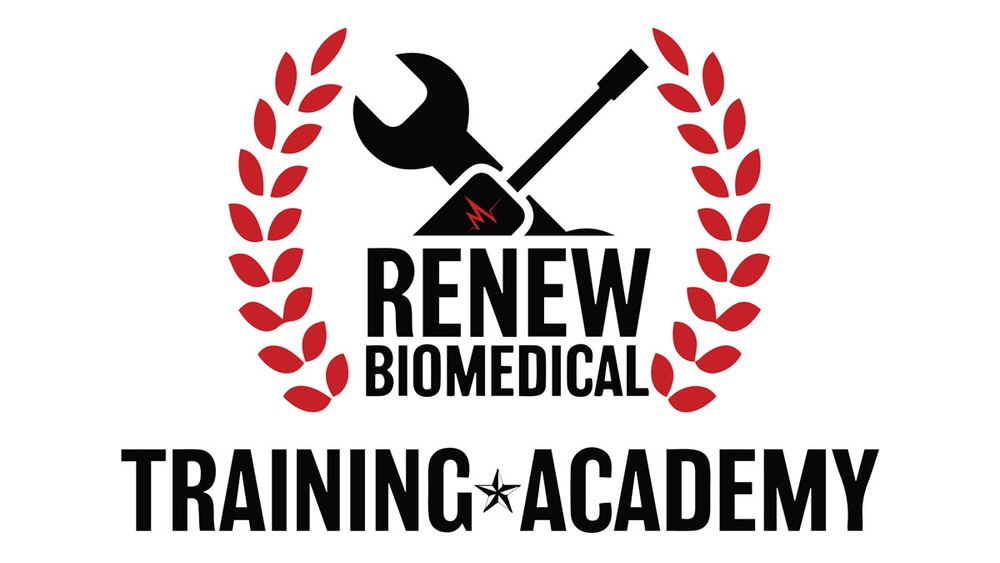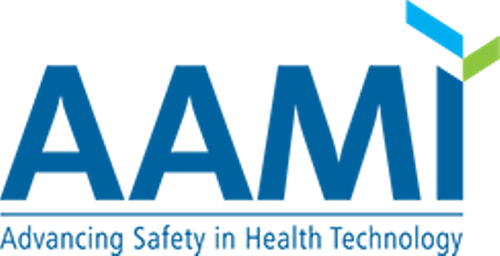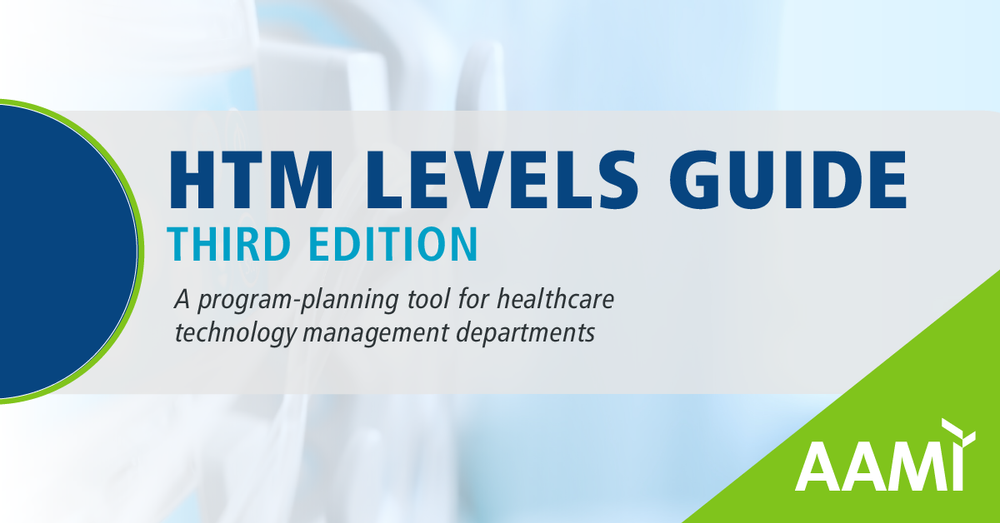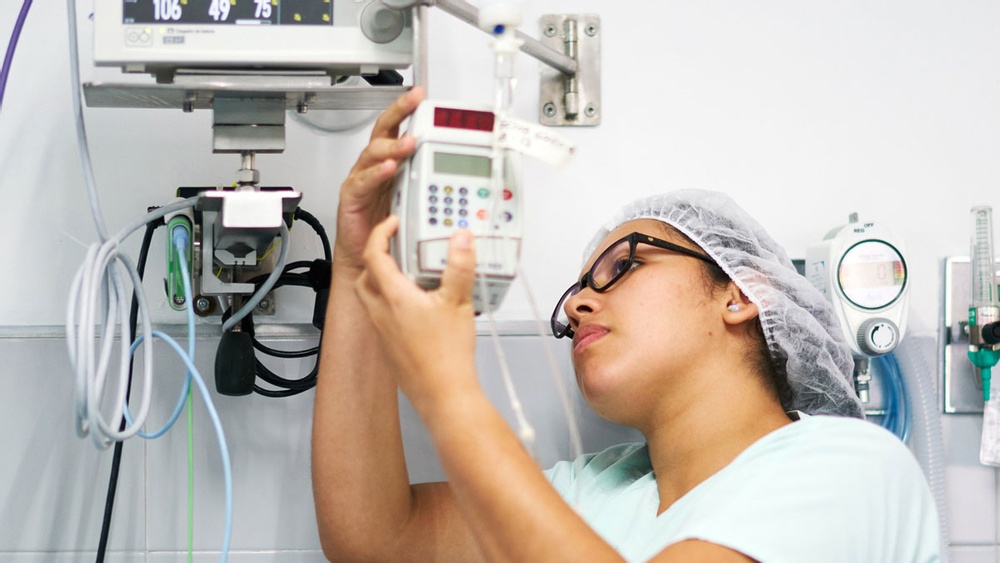BMET Apprenticeship Program Secures First Official Partner

The new AAMI BMET Apprenticeship Program is off and running thanks to Jackson, Tennessee-based ReNew Biomedical Services.
ReNew signed on with AAMI in April to become its first official partner in the one-of-a-kind program, which combines online and classroom education with up to 6,000 hours of on-the-job learning time. Program partners hire apprentices directly, and provide them with training—and paid work experience—at their own facilities.
Participants in the two-year program can earn three industry-recognized credentials: AAMI’s Certified Associate in Biomedical Technology (CABT) and Certified Biomedical Equipment Technician (CBET), candidate status; and the CompTIA IT Fundamentals (ITF+) certification. Upon successful completion of the apprenticeship, they also receive a journeyman certificate from AAMI and the U.S. Department of Labor.
Program employers, on the other hand, become eligible for grants from the federal government that can offset the costs associated with training. But more important, says Mark Taylor, one of the three managing partners at ReNew Biomedical, they gain access to potential “biomed talent” that most would probably agree is in very short supply.
“Fortunately for us,” Taylor says, “we’ve been growing exponentially. But hiring has been difficult, to say the least. It’s been hard to find people who even know what HTM is.”
An Idea Born of Necessity
ReNew Biomedical, Taylor explains, offers biomedical field services in all 50 states. “Med flights, EMS, surgery centers, hospitals—we do service work onsite, or at our depot here in Jackson, for every kind of healthcare entity you can imagine.”
The company has 18 full-time employees, including 13 technicians, and has five vehicles that cover the country serving as mobile biomed workshops. “We literally work on anything and everything except for large imaging machines,” Taylor says. Their core modality is movable medical equipment like defibrillators, vital signs monitors, ventilators, and infusion pumps.
A few years ago, as the company was expanding, Taylor and his partners approached a local community college about creating a trade program for students who were interested in healthcare technology management. That idea sputtered out when they realized how little people knew about the field, but later they managed to bring it back to life as the “ReNew Biomedical Training Academy.”
“We’d contacted AAMI right before COVID to figure out how we were going to reach people,” Taylor says. “And then almost overnight our problem got even bigger with all the equipment facilities suddenly needed to handle the surge of sick patients.”
The academy was created shortly thereafter with financial assistance from the Tennessee Department of Labor, and with a curriculum AAMI had just developed for its fledgling BMET Apprenticeship Program. “It couldn’t have worked out better,” Taylor says. “Most of the things that we wanted to do dovetailed perfectly with what AAMI wanted to do as well.”
Bridging the Gap
The association’s goal with the program, agrees Danielle McGeary, CHTM, AAMI Vice President of Healthcare Technology Management, is to provide anyone who wants to enter the field with the hands-on experience required to get started. “It could be someone who’s ready for a career change, or it could be someone just out of high school. This is intended to bridge that gap to get them the training they need to be successful.”
Employers who take part in the program, McGeary adds, benefit from having entry-level workers on their payroll they can train to their particular equipment and service specialties. “When they’re finished, if you want them to stay, they’ll already be up to speed—they won’t need retraining.”
ReNew Biomedical, Taylor notes, already has five apprentices enrolled in its academy. And while its collaboration with AAMI began more than a year ago, its status as the first partner in the BMET Apprenticeship Program was only finalized this spring when they successfully met the program’s various requirements.
“To be honest,” Taylor says, “our involvement is self-serving—we’re a business that needs trained biomeds. At the same time, though, programs like this are for the greater good of the future of HTM.” He encourages other employers who may be interested in apprenticeships to contact them to hear more about their experience. “We see it as a great opportunity, and we’d love to get others to join the program with us.”
More information on how to become a BMET Apprenticeship partner can be found at https://www.aami.org/training/bmet-apprenticeship.
About AAMI
AAMI (www.aami.org) is a nonprofit organization founded in 1967. It is a diverse community of more than 9,000 healthcare technology professionals united by one important mission—supporting the healthcare community in the development, management, and use of safe and effective health technology. AAMI is the primary source of consensus standards, both national and international, for the medical device industry, as well as practical information, support, and guidance for health technology and sterilization professionals.
Contacts



